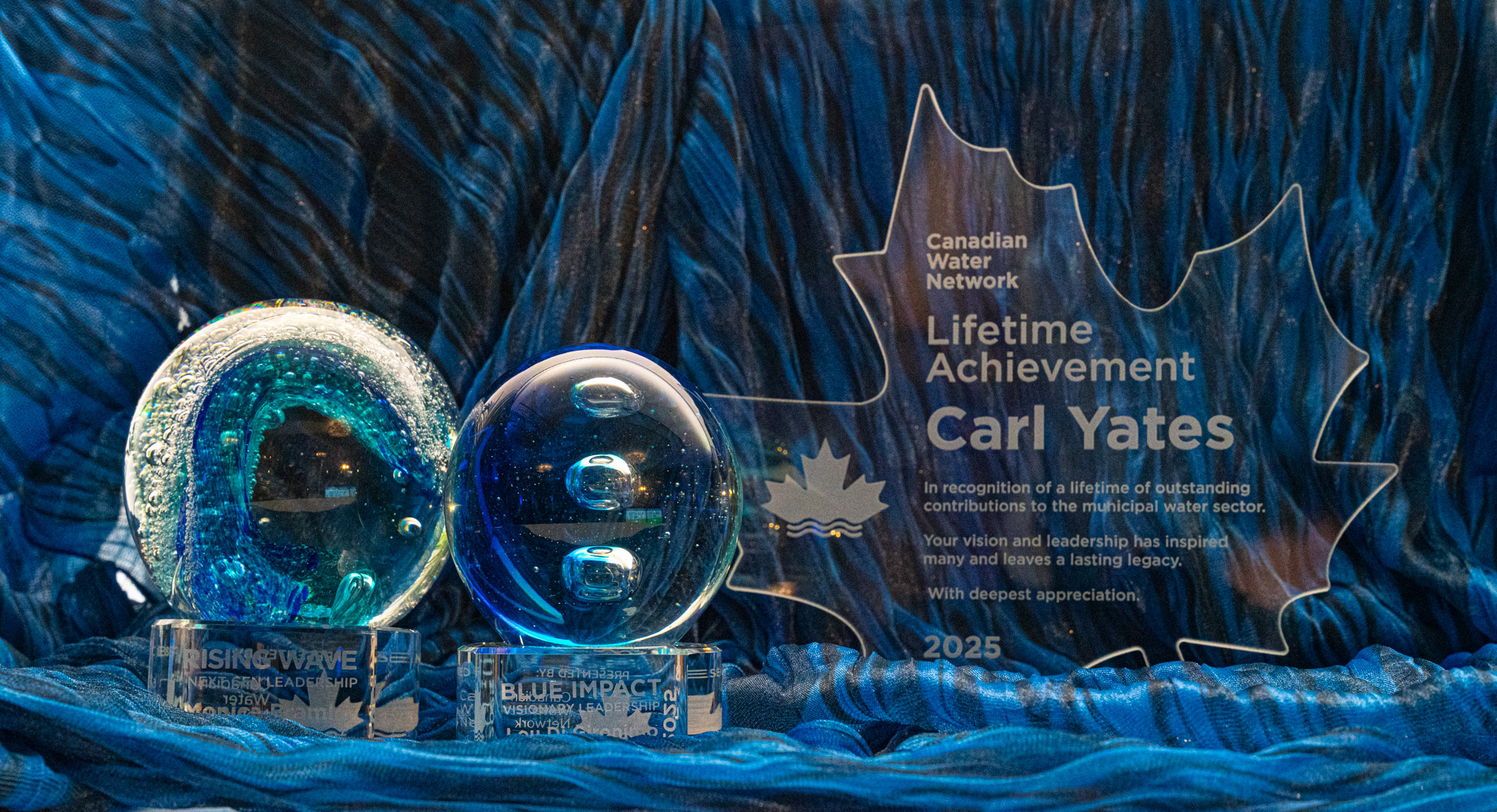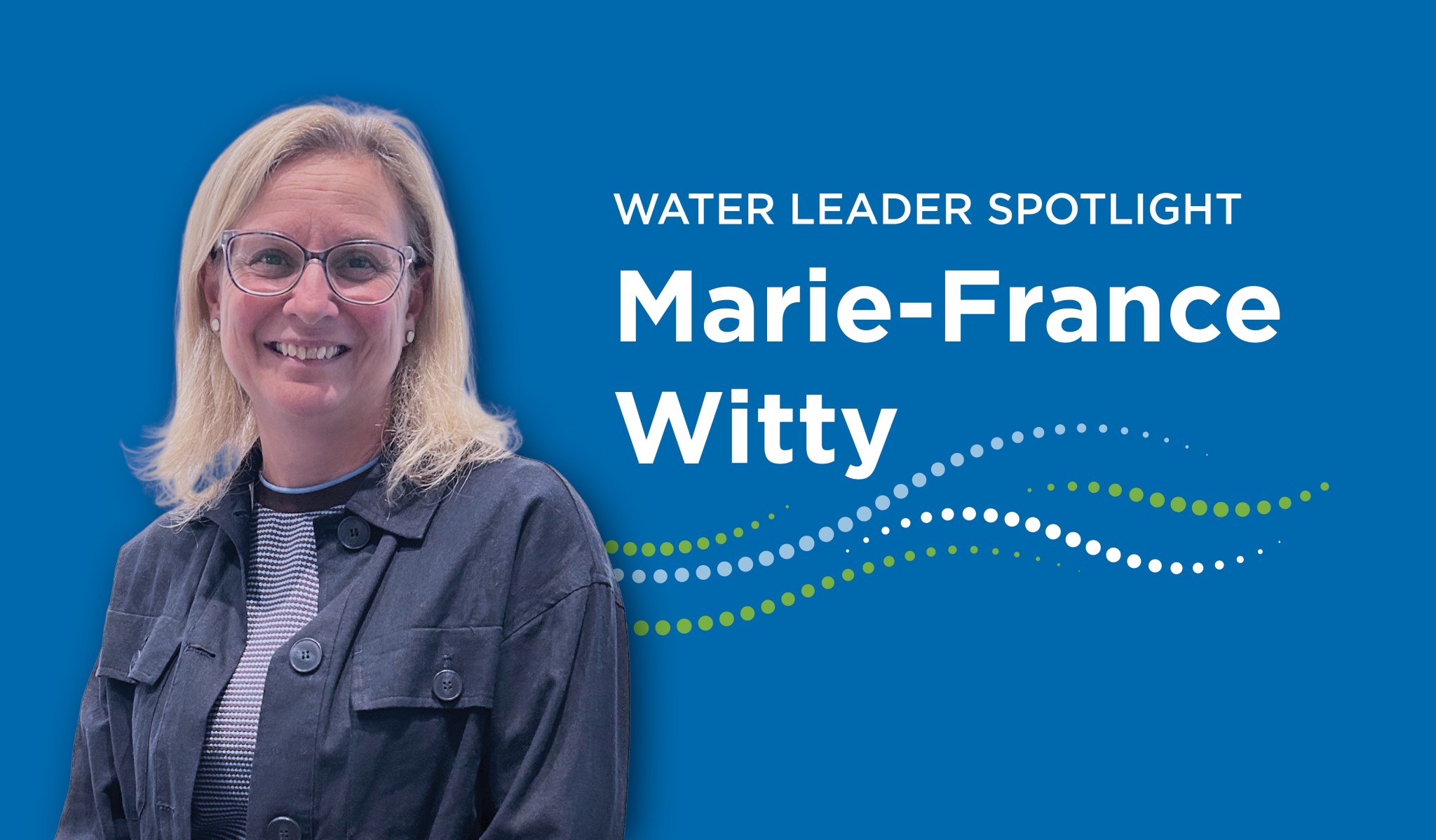Canada’s challenges and opportunities to address contaminants in wastewater
Effective management of our wastewater is critical for Canadians across the country. Moving forward, we must consider how to make strategic investments that maximize the benefits to society and the environment, and prepare our wastewater systems to address the uncertainties of the future. From October 2017 to March 2018, Canadian Water Network led a national [...]











